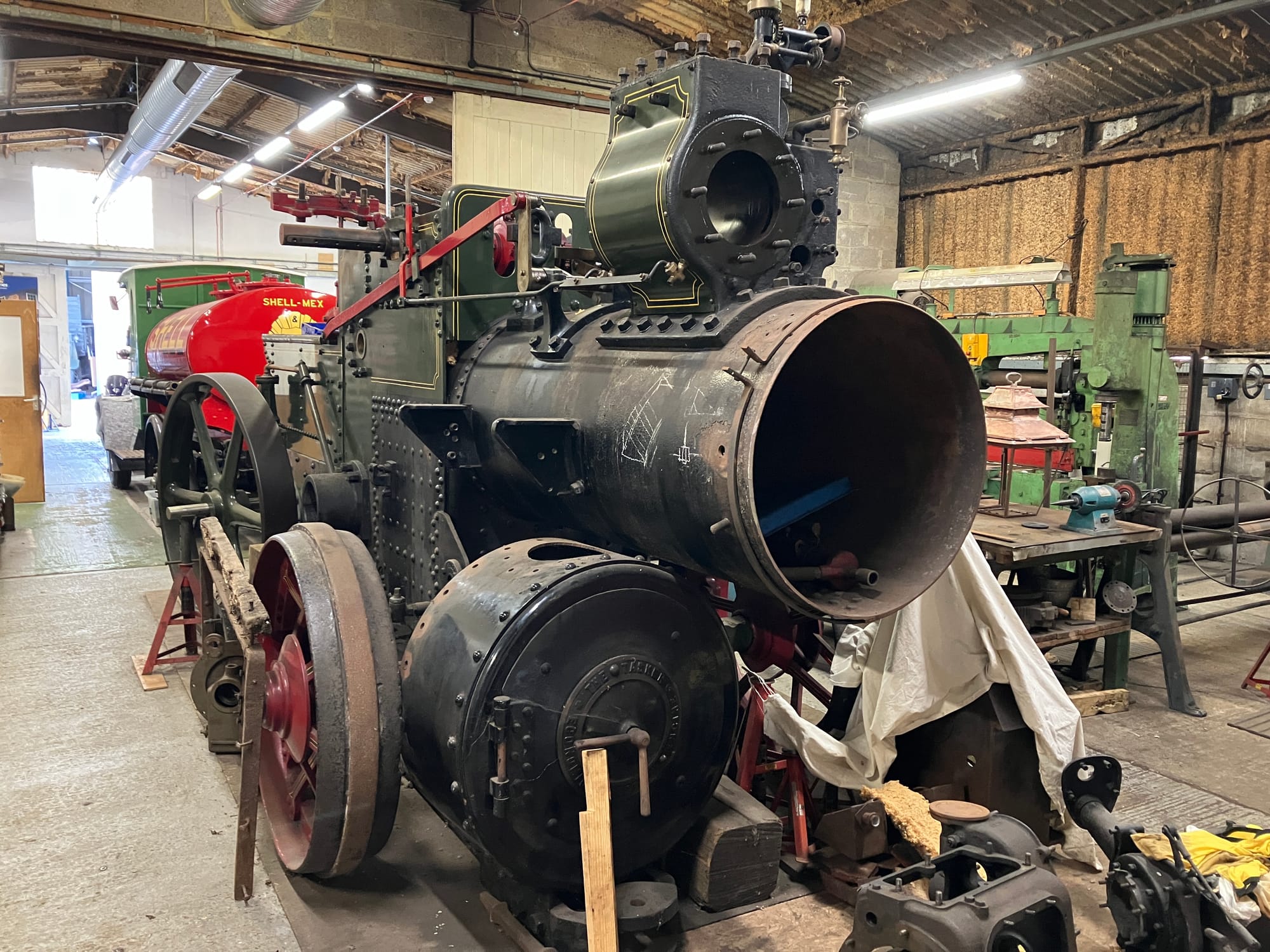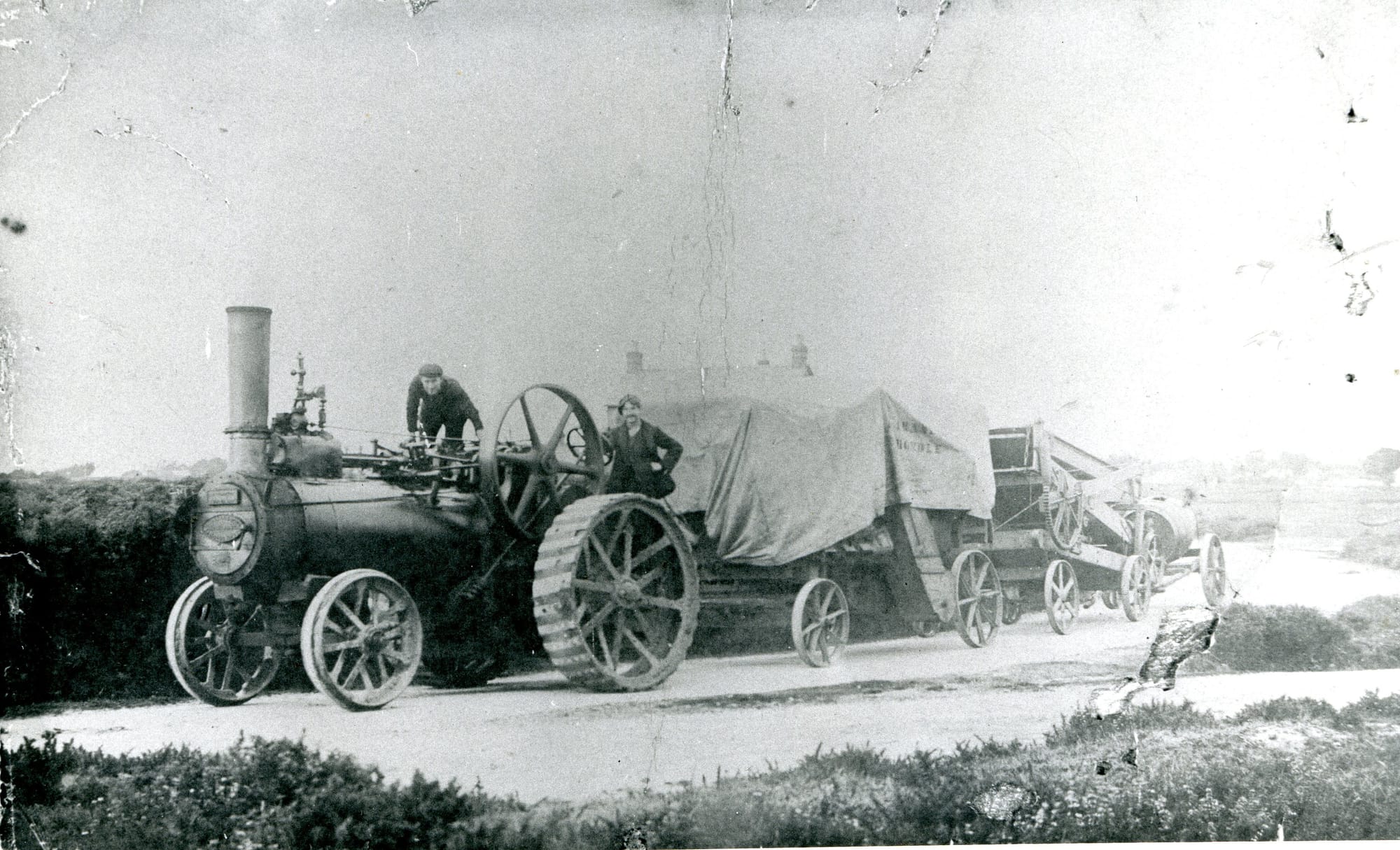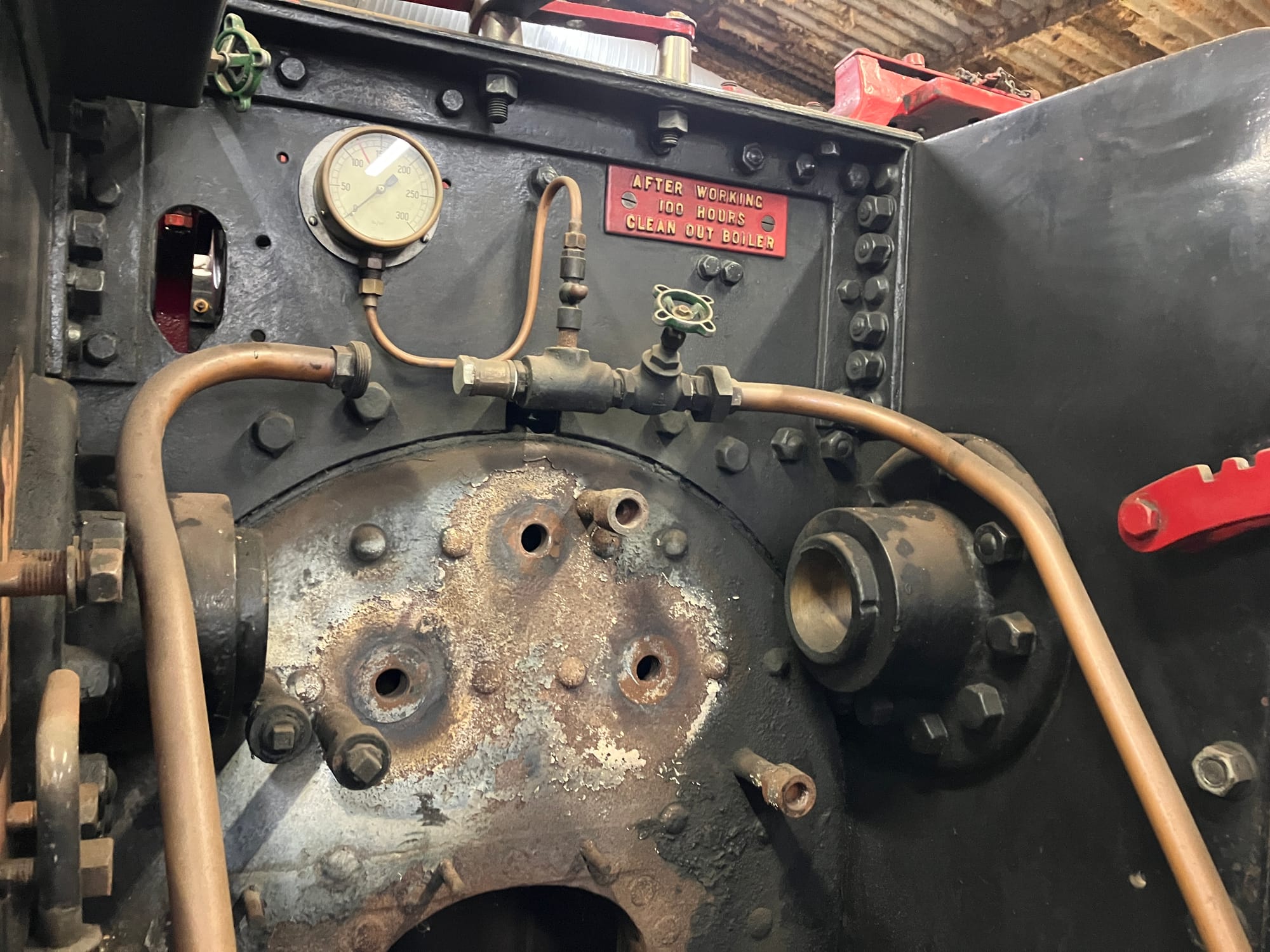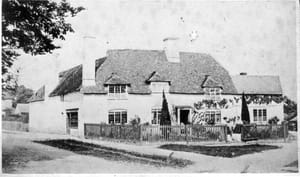Among the treasures of the Hampshire Cultural Trust's collection is a remarkable piece of industrial heritage - a Tasker Economic steam traction engine.
This engine is a key feature of our current vehicle project as it needs to be reassembled and moved into storage to create space in the engineering workshop for work to move forward on other vehicles.

Established in 1813 by Robert Tasker, Taskers of Andover Ltd. was an engineering firm based near Andover. They originally began making agricultural implements and in 1850, moved into the manufacture of steam engines.
Prior to 1891, Tasker & Sons Ltd. of Andover crafted each of their steam traction engines as a unique, custom-built machine. However with the introduction of the "Economic" class that year, the company ushered in a new era of standardised production. The Economic was the first mass-produced vehicle from the Tasker works.

The 7 horsepower, two-speed, three-shaft, single-cylinder rolled off the production line in 1905. It embodied the forward-thinking design philosophy that made the Economic such a breakthrough. By utilising steel boilers instead of wrought iron, Tasker capitalised on steel's lower cost and easier casting to ramp up manufacturing efficiency and output.
This particular engine was originally intended for agricultural tasks such as ploughing and threshing. During World War I, it was commandeered by Hampshire County Council to support the vital work of their Agricultural Committee. The engine had previously been owned by O. Hurst of Abbotswood, Romsey, then W. Pitt of Romsey, and later L.J. Box of Oxenwood.
After the war, the engine's final role was in soil sterilisation for the tomato greenhouse operations of Angell & Sons in Bromham, Wiltshire. In 1955, the engine was purchased by Taskers of Andover for their company museum.
Hampshire County Council acquired the engine at an auction in 1969. This engine, along with other vehicles, photographs, technical drawings and documents, is now part of the Hampshire County Council collection. The collection is cared for by Hampshire Cultural Trust to preserve this local manufacturer's legacy.

Find out more about our vehicle project supported by Engert Watford Motor Museum here.






